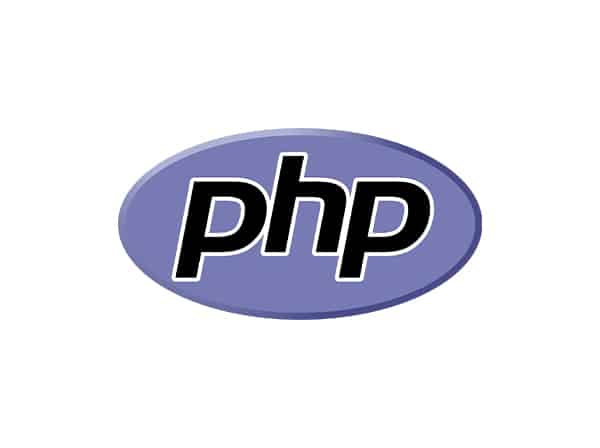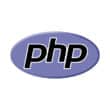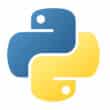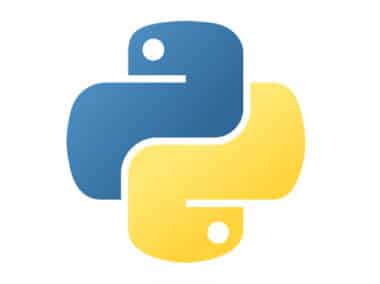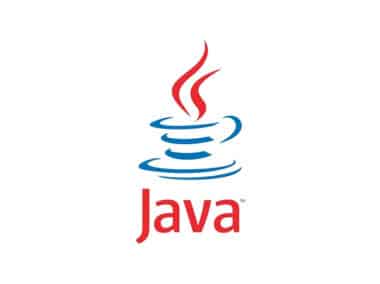PHP is a popular server-side programming language that is widely used for web development. However, with the rise of web-based applications, security has become a significant concern for developers. In this document, we will provide an overview of security in PHP programming language and discuss how to prevent common security threats like SQL injections and cross-site scripting (XSS) attacks.
Security in PHP Programming Language
PHP has a wide array of security features built into it. Some of the most important security features include input validation, password hashing, and session management.
Input Validation
Input validation is the process of checking user input to ensure that it is valid and safe. PHP provides several functions for input validation, including the filter_var() function, which can be used to validate input data against a predefined filter. Input validation is essential in preventing attacks that exploit vulnerabilities in the application’s input fields.
Password Hashing
Password hashing is the process of converting plain text passwords into a hash format that cannot be easily reversed. PHP provides several functions for password hashing, including the password_hash() function, which can be used to generate a secure hash of a password. Password hashing is a critical security feature that protects user passwords from being exposed in the event of a security breach.
Session Management
Session management is the process of managing user sessions to ensure that users are authenticated and authorized to access certain parts of a web application. PHP provides several functions for session management, including the session_start() function, which can be used to start a new session. Proper session management is crucial in maintaining the security of web applications.
Preventing Common Security Threats
In addition to the security features built into PHP, developers must take additional steps to prevent common security threats like SQL injections and cross-site scripting (XSS) attacks.
SQL Injections
SQL injections are a common security threat that can be prevented by using prepared statements. Prepared statements are SQL statements that are prepared in advance and then executed with user input. PHP provides several functions for prepared statements, including mysqli_prepare() and PDO::prepare(). Prepared statements help prevent SQL injection attacks by ensuring that user input is properly sanitized and does not contain malicious code.
Cross-Site Scripting (XSS) Attacks
Cross-site scripting (XSS) attacks are another common security threat that can be prevented by sanitizing user input. Sanitizing user input involves removing any potentially dangerous characters or scripts from user input before it is processed by the application. PHP provides several functions for sanitizing user input, including htmlspecialchars() and strip_tags(). Properly sanitizing user input can help prevent XSS attacks and protect web applications from being compromised.
Conclusion
In conclusion, security is an essential aspect of PHP programming language, and developers must take necessary steps to prevent common security threats like SQL injections and cross-site scripting (XSS) attacks. By using input validation, password hashing, session management, prepared statements, and sanitizing user input, developers can ensure that their PHP applications are secure and free from vulnerabilities. Protecting web applications from malicious attacks is crucial in maintaining the integrity of user data and ensuring the safety of users’ personal and financial information.
